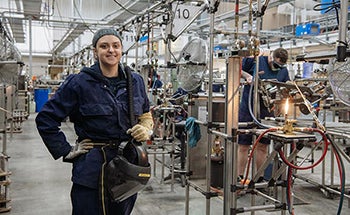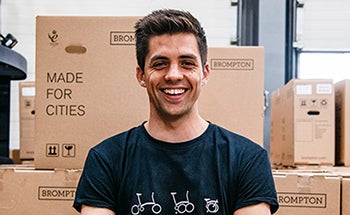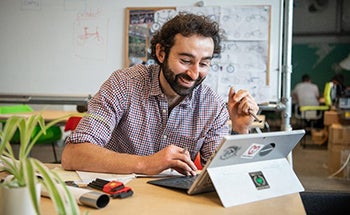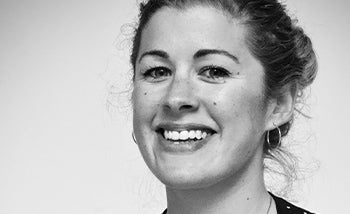We are creators. Everyone at Brompton plays a small part in making our bikes and getting them into the hands of people to ride, find their route and enjoy.
From first sketches through to capturing the finished article, it’s the people behind the product that make us different.
We are Brompton.
Making our cities a happier, healthier place to live with our bikes is one job, but making sure we’re minimizing our impact on the environment while we do it is another. We sat down for a chat with Louisa Holbrook, Head of Sustainability, who joined Brompton in March 2020.
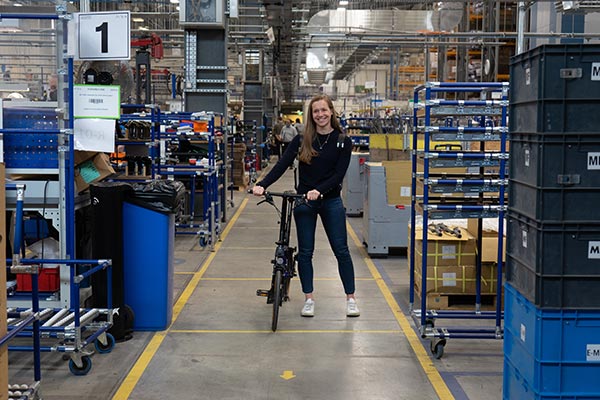
What does being Head of Sustainability entail?
It's a new role here at Brompton. And in terms of what it covers, I'm responsible for developing and then supporting the delivery of Brompton’s sustainability strategy.
What lead you to want to work in sustainability?
I've always been fascinated by nature and the environment, so after I finished my Master's in Geography, I knew I wanted a job that was in the environmental space.
I didn't know that sustainability, especially in the corporate sector, existed and basically fell into my first job. And now I've had 11 years of working in corporate sustainability across numerous industries and just absolutely love it!
You’re the first person to have the role of Head of Sustainability at Brompton, how was it like coming into the business and deciding what needed to be done first?
It was exciting! It can feel overwhelming when you step into a business and say, where do we start, but Brompton already had a great base to work from.
I've spent the last year getting to know the business. Not just how we operate or where we operate, but also the people, their jobs, what they do and what change they would like to see. From this we’ve mapped our environmental and social impacts. Both our direct impacts and our indirect impacts. We used tools, such as Life Cycle Assessments, to help complete this.
Once you've laid it all out, and you can see where your impacts on the world are, you can start putting together a plan. You ask, “Okay, well, what are the systemic challenges?”, “where do we have influence to create change”, “where can we do things better?”, “Where are our opportunities to really be innovators” and “how can we transition towards a circular economy”. It a journey, but one I’m really excited to be on.
What, in your opinion, sets Brompton apart from other businesses you’ve worked for?
Well, this is my first company working with bikes. But apart from that, Brompton has a really unique purpose and drive, it is growing as a company, but it still maintains that small company ethos where everyone knows everyone. There is a space to learn and to grow and to collaborate. So, yes, a really exciting space, I think, to explore sustainability.
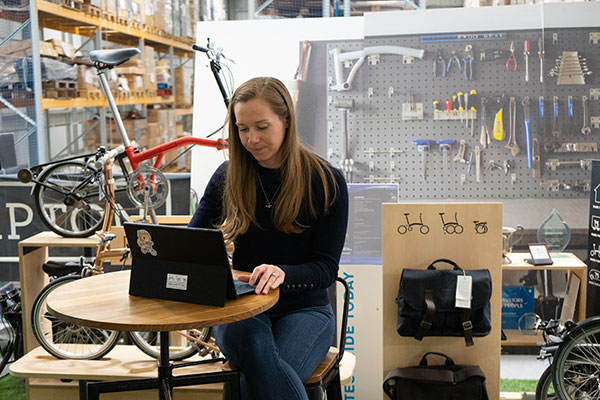
What’s been the most exciting project you’ve worked on since you joined Brompton? And what is your proudest accomplishment?
This is a difficult one. Brompton has delivered some amazing projects this year, be that the Wheels for Heroes campaign, helping the NHS get moving on bikes through the pandemic, or even the more recent collaboration with FREITAG, which created recycled Brompton bags from truck tarp.
And then in terms of what I've been the most proud of in the last year... my job, in essence, is to empower individuals within the company to bring sustainability into their role. So when we talk about Earth Day.
“Every day is Earth Day for me, and my job is to make every day Earth Day for everybody else. It's about giving people the tools and the confidence to be able to look at the job they do and say, how can I do that differently? Or, what questions can I be asking?”
So, my proudest moments have actually been when people have started to ask those questions; they've come to me and said, “OK, I need to deliver X project, but I'm thinking about how I could do things differently to have a more positive impact”, which is fantastic. I've overheard people in meetings talking about sustainability independently, and people have approached me on the factory floor and said, “hey, I thought we could do this to be more sustainable”.
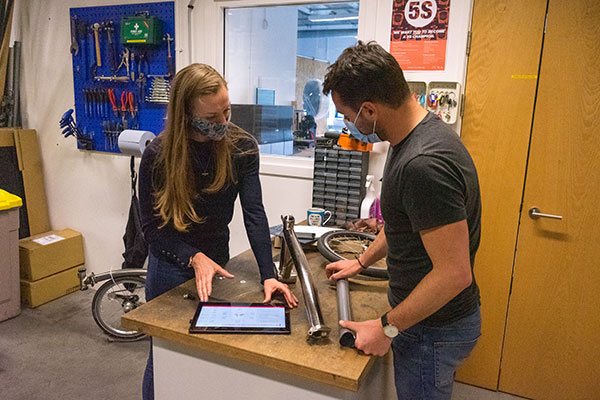
So my proudest moments have been through that cultural change that we're starting to see, and the confidence growing in people to really embed sustainability this into their activities and roles.
What do you think a business needs to be doing in order to call themselves sustainable?
It's a hard question. We have to take a moment to acknowledge that we're not only in a climate emergency, but we're in a biodiversity emergency, a global pandemic and there are still huge issues out there, such as access to water, access to medicine, poverty, and even access to freedom to name but a few…
The world is a challenging space and it’s no longer acceptable for businesses to just do “less bad”. They need to do more than adapting to climate change or relying on mitigation. Businesses need to honestly look at their business models, look at their impacts and ensure they operate in a way which is regenerative, restoring the planet for future generations and that needs to happen today. They need to truly balance people, planet, and profit. That’s not easy and even the business I admire are, like Brompton, on a journey… trying to understand how things can be done better.
What, if any, tips do you have to someone else who wants to work in sustainability?
I have two tips, really. First, if you are already in a role which can influence change, you are already in the best role for sustainability.
Find out what impact you create in your role. Maybe its designing products, or buying materials, or speaking to customers, or manufacturing products, and think about what changes you can make to be more sustainable… however small… This is how you really create change.
And then second to that, for those who really do want to have a career change or are just starting and want to work in sustainability... For me, it's just about getting out there and starting learning. You learn so much on the job.
“Ultimately, I always say that my job is to not have a job. My job shouldn't exist in the future.”
Sustainability should be part of everybody's role. It should be ingrained into culture and therefore a Head of Sustainability shouldn’t exist. I'm almost in business to do myself out of business!
Throughout your career so far, do you feel as though there has been a shift in consumer expectations for transparency and sustainability?
Oh, hugely.. And there’s so much that contributes to this. There is more access to information now, so the consumer is so much more informed.
But I also think the links between consumers and companies have shortened. Maybe that's due to social media, there's a easier ways to reach out and to expect a direct response back.
I actually want consumers to ask more questions. Working in the roles I have for 10 plus years, I know that it helps the agenda when customers come forward and ask these questions. It gives the leverage to say “Hey customers want it. Let's deliver on it”.
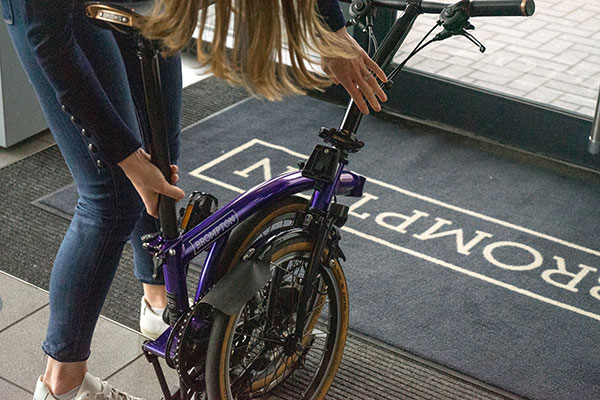
There are so many different roles within the business, requiring a range of skills and characteristics. Is there anyone you’d switch roles with for the day?
This is hard. I think I would have two options here and I would need their skill set to do this... I love research, and there are a couple of roles in the business which are looking at future materials and future products within our design teams, I think that would be a really interesting role to take on.
And then again, if I'm allowed their skill set, I would love to try a creative job. So maybe something within the marketing team, would be really fun to do.
Has there ever been a time where work life and home life have crossed paths?
My work life and home life have always crossed paths due to the nature of what I do. I don't leave sustainability at work, it’s part of my life as well.
I try and learn about my own lifestyle choices and their impacts and learn what I can do better - and by no means am I perfect!! But it’s a journey and I’m always looking at the companies that I engage with to learn more about what they are doing.
So yeah, there's definitely a crossover. As a keen cyclist I’m also often on two wheels and my Brommie is not just used for commuting to work but also exploring!
Relaxing and unwinding is always important. How do you like to spend your time outside of work?
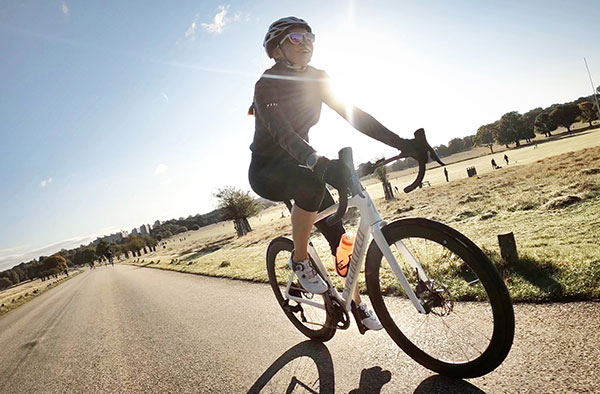
I've always been into my sports, and I love triathlons, so I spend a lot of time running, cycling, swimming, I love open water swimming and find this peaceful and relaxing. Anything that gets me outdoors is great!
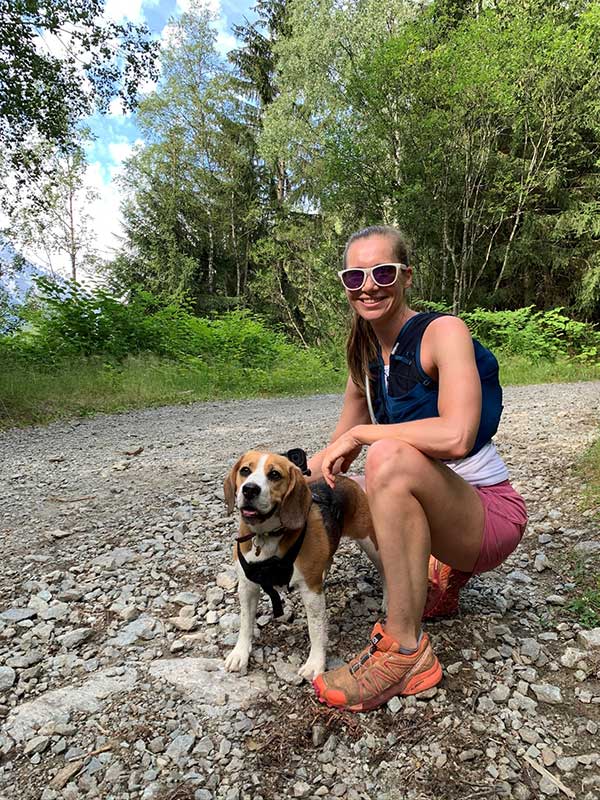
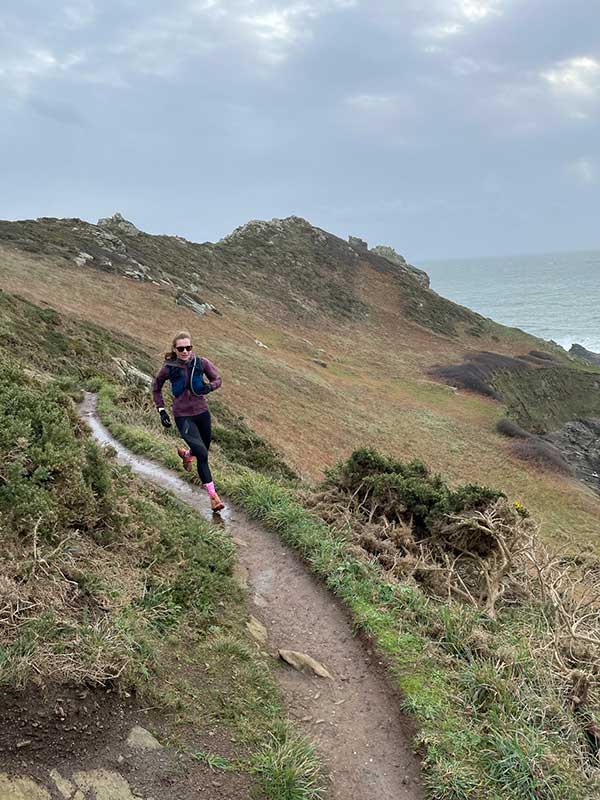
It takes the hard work of every single Brompton staff member to take our little folding bikes from the first sketch to shipping them out the door. Read more about our incredible team here.



